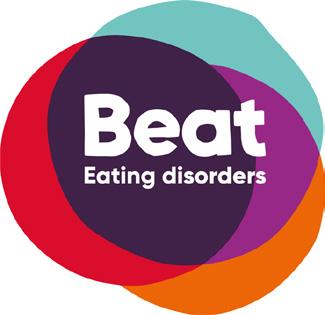Supporting Pupils
At Latymer Upper School














We have put together this booklet to help you to understand the sources of help and support which are available to you at Latymer.
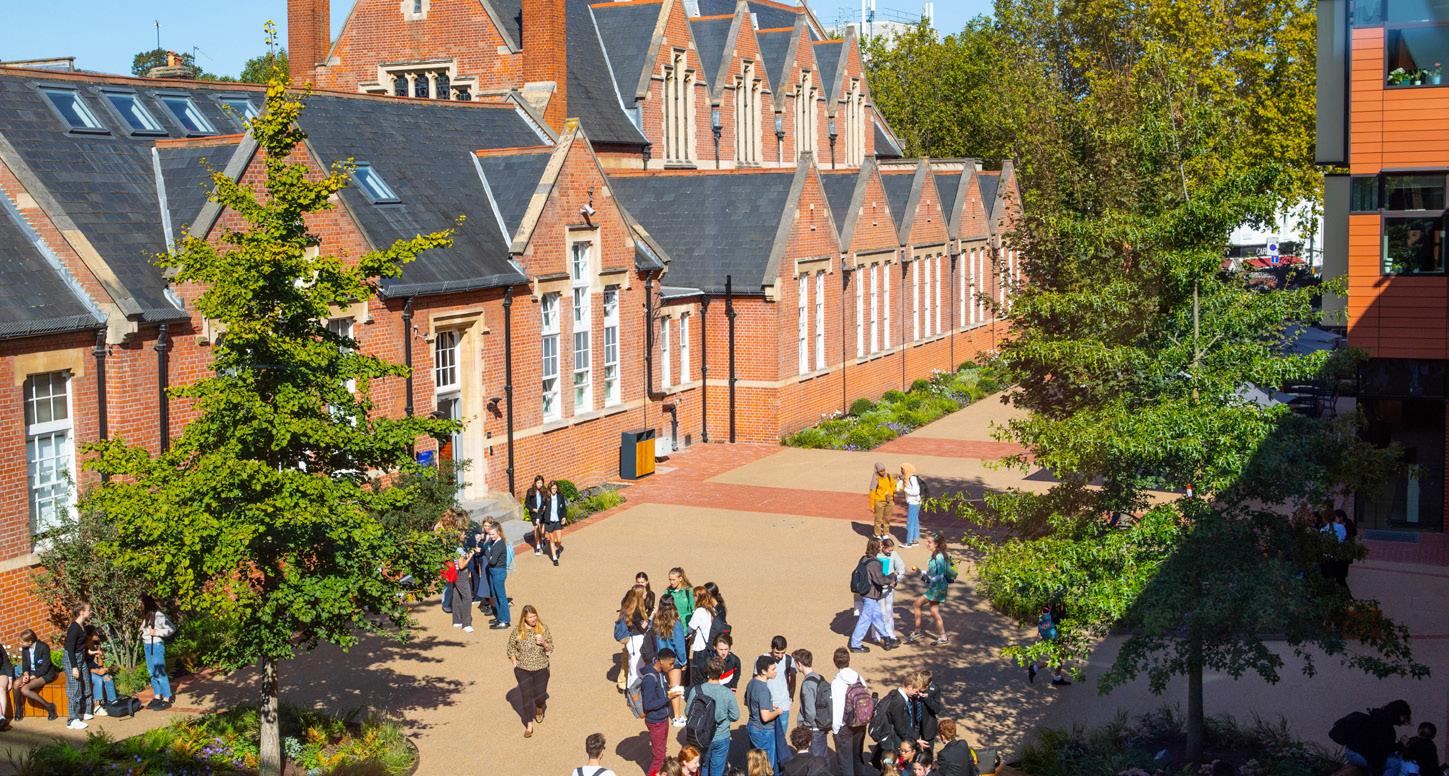
As well as the day-to-day support available in School, we want you to know how the School responds and what would happen if you were to report something, however serious, because we feel it is important for you to understand this process. We also want you to understand how we manage sensitive or very private information when it is shared with us; about how counselling works and the specialist counselling support available in School and options for speaking to someone outside School if you need to.
We are here to support you with any issues whatever they might be. Whether it is worries about your mood or mental health; concern about things that are happening outside School, or you feel that you or your friends are being bullied or treated unkindly, a worry about your own behaviour or something that you have seen online, or concern that you are not being treated fairly, there is someone here in the School who can help and support in all of these cases. Often telling someone in School can be the first step on a helpful journey.
I recognise that sharing personal and private information is very difficult, but I hope this booklet helps you to feel confident about the process, and helps to reassure you that you will be listened to, understood and supported, regardless of the issue or the route that you choose to take.
Chataway, Deputy Head (Pastoral) MatAt Latymer you will have frequent interactions with your Form Tutor, who in lots of cases will be the first point of contact if you need help and support.
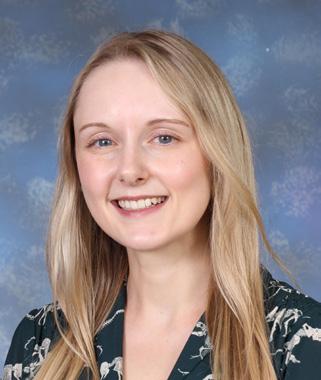
Your tutor is also there for you if you are concerned about the conduct of another person, or if you have concerns over your own actions and attitudes. Tutors have all been trained to listen and support, and to steer you in the right way if you need more help.
We recognise, though, that you may not always wish to speak to a tutor, so there are several other options here in School.
Mat Chataway

Deputy Head (Pastoral) mcc@latymer-upper.org
Amy SellarsAssistant Head (Lower School) acs@latymer-upper.org
Assistant Head (Middle School) rgm@latymer-upper.org
Assistant Head (Middle School) dck@latymer-upper.org
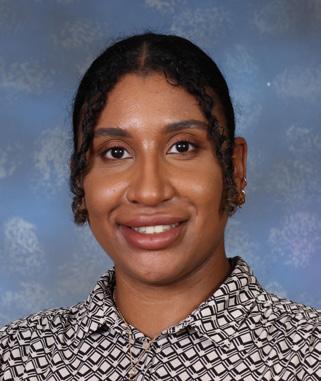
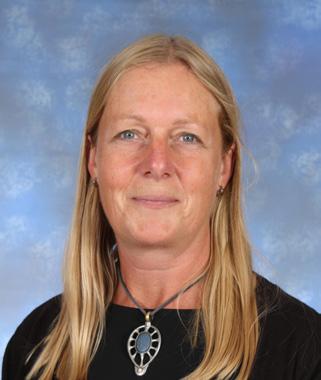
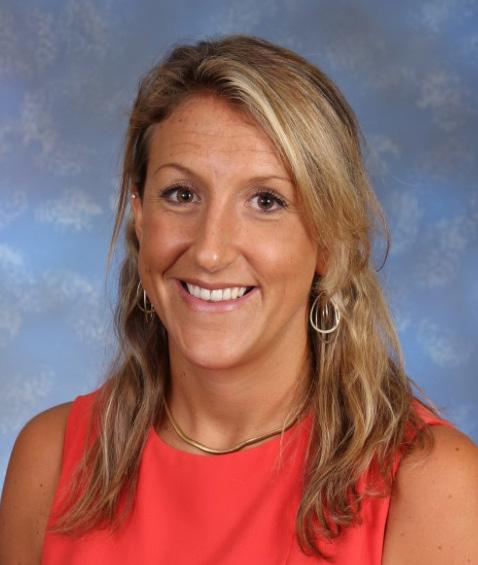
Assistant Head (Sixth Form) sma@latymer-upper.org
Safeguarding Officer jpw@latymer-upper.org
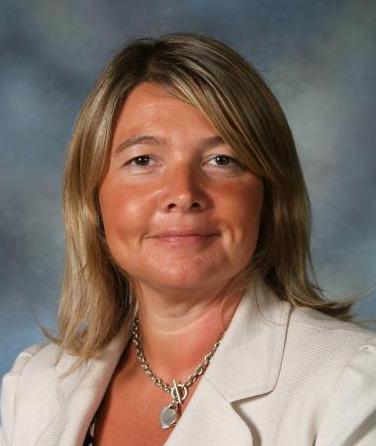
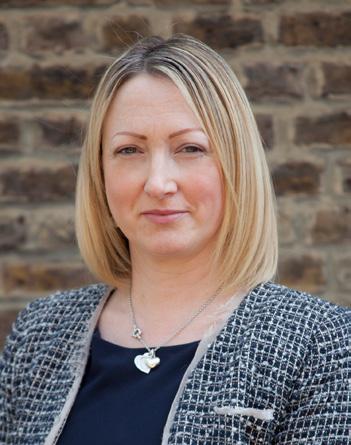 Deborah Kendall
Jaquelle Wellington
Eve Goodman
Pupil Welfare Officer emg@latymer-upper.org
Sam Adams
Deborah Kendall
Jaquelle Wellington
Eve Goodman
Pupil Welfare Officer emg@latymer-upper.org
Sam Adams
You can talk to:
• A trusted adult – often it is helpful to speak to an adult you feel you trust or get on with particularly well.
• Your Head or Assistant Head of Year – Heads and Assistant Heads of Year have significant pastoral expertise and support all tutors.
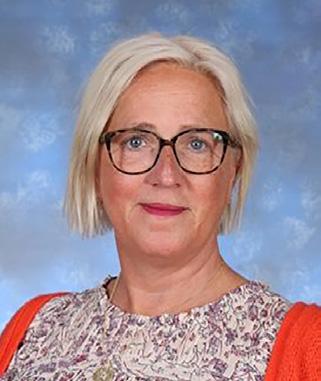
• The Chaplain, Greg Cook – gcc@latymer-upper.org
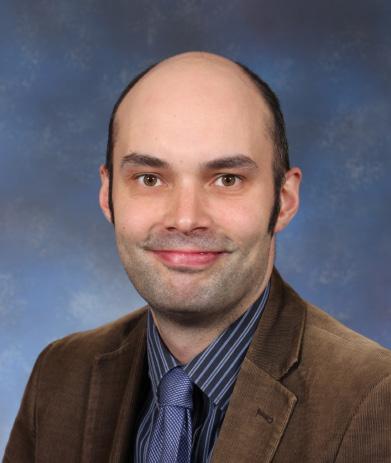
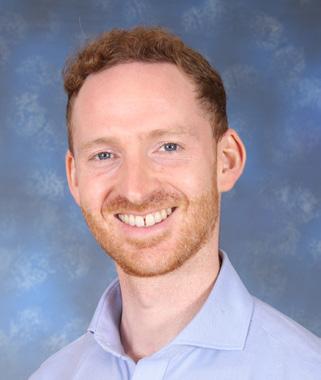
• The School nurses – nurse@latymer-upper.org
• Counsellors – counselling@latymer-upper.org
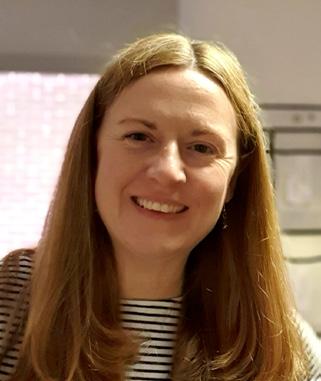
The Chaplain gcc@latymer-upper.org
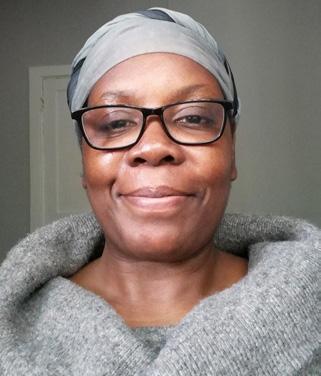
School nurse nurse@latymer-upper.org
Lead Counsellor counselling@latymer-upper.org
Counsellor counselling@latymer-upper.org
Counsellor counselling@latymer-upper.org
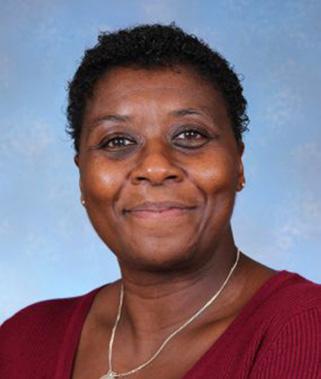 Hannah Coveney
Yvette Bynoe School nurse nurse@latymer-upper.org
Basi Amodu
Sam McManus
Katy Burgess
Greg Cook
Hannah Coveney
Yvette Bynoe School nurse nurse@latymer-upper.org
Basi Amodu
Sam McManus
Katy Burgess
Greg Cook
• Please speak to us. This means that we can support you and take the appropriate action.
• Sharing personal experiences can be difficult. We understand that not being able to count upon anonymity in all circumstances can be worrying, and the information below explains how we support you and handle information you share with us.
• First of all, we will listen to all that you have to say and ensure that we have fully understood what you are telling us.
• The School will work with you to sensitively explore the issue(s). We may have to discreetly approach other people whom you have identified as being relevant. Where that is necessary we will work with you to consider the best way to do that.
• Where we learn that a crime may have been committed, then we have a duty to speak to the police. However, it is important to know that in these situations, everyone will always be working to support you and to proceed as far as possible in line with your wishes. Your voice will always be influential in this process. Usually, in these cases, the School would not approach witnesses or seek to investigate the situation until we receive more advice and information from the police.
• Where the School learns that you have been a victim of harm, or are in a vulnerable position, then we have a duty to tell Children’s Services. Children’s Services seek to support young people and their families in these situations, and making contact with them is a positive step.
• It is usually beneficial for us to work together to consider sharing information with your parents. However, depending on your age and the situation, you may not always have to do this if you do not want to.
• There are scenarios where we can – and will – try to retain a victim’s anonymity.
• However, that will not be possible in every scenario – for example, if you share information that suggests that you are at immediate risk or in danger. In such scenarios we may need to share your name to get immediate help.
What do I do if I have information to share about an experience that has happened to me?
Sharing with the School sensitive information about something that has happened to you
• By speaking out and asking for help, you are taking the first step towards accessing more support.
• The support will be designed for you as an individual and could be provided by different people depending on what you need, including the School counsellors, external counsellors or other specialist agencies. These options are outlined in more detail later in this booklet.
• Telling someone in this way can feel daunting but it is often the first step on a helpful journey. We will always listen to what you tell us and do our best to be guided by you, with sensitivity and compassion.
Sometimes you might have learnt something about another person or be concerned about their behaviour. This section explains how we can help in these circumstances.
• Please speak to us if you feel you have information about a peer so that we can look into this and take action where needed.
• It’s unlikely your input will be needed beyond this stage.
• Where we learn that a crime may have been committed, then we have a duty to speak to the police. However, it is important to know that in these situations, everyone will always be working in the best interests of the students. Usually, in these cases, the School would not approach witnesses or seek to investigate the situation until we receive more advice and information from the police.
• In instances where we do have to refer to another agency (e.g. the police), you may be asked to tell your account again at a later date. You will always be supported with this.
• We know you might feel concerns over the confidentiality of yourself and your information. We understand you might feel hesitant to speak to us if you are unable to remain anonymous throughout the process.
• There are scenarios where we can – and will – keep your identity anonymous.
• There are, however, instances where this may not be possible, for instance where your information results in a police investigation and the source of the information needs to be passed on. Where that is the case, we will always work with you to consider how best to do this, and what support you might need.
What support will there be for me after I have told an adult about something?
• Support will be offered on an individual basis. Options for support are outlined in more detail later in this booklet.
• Please speak to us if you feel concerned about your own actions, behaviours or attitudes and wish to seek support for this.
• The School will provide you with, or point you in the direction of, the appropriate support; perhaps from the School counsellors, external counsellors or other specialist agencies.
• Depending on the type of support that you choose to engage with, the status of your anonymity will vary. The next section will outline the different options that are available to you and the expectations you should have of each pathway.

What support will there be for me after I have spoken to an adult?
What do I do if I have concerns about my own behaviour?
Some of you may wish to speak confidentially about matters relating to emotional or mental wellbeing or to discuss a disclosure in a more confidential setting. We have three School counsellors, so this support is available every day. All three have over 10 years’ experience working with young people in Schools and the NHS. They can help people to understand where their difficulties may have originated, what factors may be maintaining them and how best to cope in order to move forward. They offer a range of different therapies, and we will decide who is best placed to work with each pupil.
• You can also arrange to see one of the School counsellors by emailing counselling@latymer-upper.org
• You can also ask your Form Tutor, Assistant Head of Year or Head of Year (or any trusted adult) to set this up for you.
• You may also be referred to see one of the School counsellors at the suggestion of the pastoral team if it is deemed appropriate, though this would always be discussed with you.
• The School counsellors do not share information with the School unless you ask them to, or unless they are concerned that someone has been harmed or could be at risk of harm. In this circumstance they will alert either your Head of Division, Jaquelle or Mr Chataway. This will always be discussed with you so you understand what information is being shared and why, and to ensure that you are as comfortable as possible with what is being shared.
• On some occasions it might be helpful to share information with more people (for example if you need more support from teachers). In these cases this would be discussed with you in advance. Information sharing would be as limited and sensitive as possible.
• The counsellors will discuss with you whether it is helpful or necessary to share information with your parents, but this will always be discussed with you in advance.
What specialist help is available in School and how do I access it?
School counsellors: How do I access the School counsellors?
Do I maintain anonymity and confidentiality during these counselling sessions and how is information shared?
We recognise too that you may feel more comfortable speaking to someone unconnected with the School; there are several options available for this.
Below is a summary of the key helplines available to you and how they may share information that you reveal to them. As with our School counsellors, people on these helplines will carefully and sensitively talk you through all of these options and ensure that you understand and feel as comfortable as possible with what might happen next.
The Stop It Now! helpline is a confidential sexual abuse prevention helpline and online live chat which is run by the charity The Lucy Faithfull Foundation (LFF). The helpline is for anyone with concerns about their own thoughts, feelings and behaviour, or about another adult or young person.
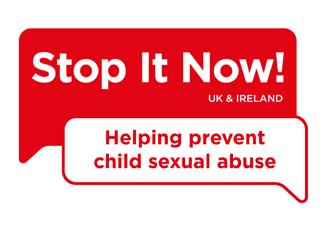
Call 0808 1000 900 www.stopitnow.org.uk secure messaging or live chat
What should I expect if I call the helpline with a disclosure?
• Experienced advisors will help you take action to protect sexual abuse from happening. You will be able to decide whether to take any further action following their advice.
• If you share identifying information and disclose information about a risk of harm to a person then information will be passed onto the appropriate agencies. They will also pass on to the police details of any criminal offence.
Call 08001111 www.childline.org.uk for live 1-2-1 counsellor chat
Childline is a charity which provides a free, private and confidential service where children and young adults (under 19 years old) can talk about any issue they are experiencing. It has no link to Latymer Upper.
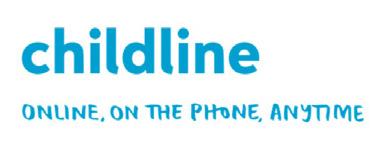

What should I expect if I call the helpline with a disclosure?
• The counsellors will listen to your concerns and will help you to talk about what’s going on and to think about things you could do.
• This is a confidential and anonymous helpline. You will not be asked to disclose any identifying information and so you can remain anonymous throughout your disclosure.
• If you wish to share identifying information and you disclose information about a risk of harm to a person then information will be passed onto the appropriate agencies. They will also pass on to the police details of any criminal offence committed.
Frank offers confidential advice and information about drugs, their effects and the law.
Call 0300 123 6600 Text 82111 www.talktofrank.com
What should I expect if I call the service with a disclosure?
Talk to Frank is a confidential way to ask any question about drugs. You will not be asked for your name, gender or age. Talk to Frank provides help and advice on how to manage peer pressure, what to do in an emergency and signposts people to support centres.
www.fearless.org
Fearless is a site where you can access non-judgemental information and advice about crime and criminality. What makes this site different is they also provide you with a safe place to give information about crime - 100% anonymously.
You can give information about crime by completing an online form without giving your name or any personal details. You will not be asked for your gender or age. Fearless will not record any personal details you might mention. Fearless cannot trace your email or IP address as the system is designed to protect your identity.
Text YM to 85258 for free 24/7 support
Call the Parents Helpline on 0808 802 5544
Young Minds (YM) is committed to improving the mental health of children and young people, including support for parents and carers. They also provide information on medication and offer a parents helpline.

All texts are answered by trained volunteers, with support from experienced clinical supervisors. Texts are free from many UK phone providers. Texts can be anonymous, but if the volunteer believes you are at immediate risk of harm, they may share your details with people who can provide support.
Hope Again provides somewhere to turn to when someone dies. It is a safe place where you can learn from other young people, how to cope with grief, and feel less alone.
Call 08088081677 email hopeagain@ cruse.org.uk www.hopeagain.org.uk
What should I expect if I call the service for support?
You will find information about their services, a listening ear from other young people and advice for any young person dealing with the loss of a loved one.
Beat is the UK’s leading charity supporting those affected by eating disorders and campaigning on their behalf.

What should I expect if I call the service for support?
Call 0808 801 0677 www.beateating disorders.org.uk 1-to1 one webchat
Beat provides free and confidential advice, to help people to understand eating disorders, and support them to take positive steps towards recovery. They also support family and friends, equipping them with essential skills and advice, so they can help their loved ones recover whilst also looking after their own mental health.

